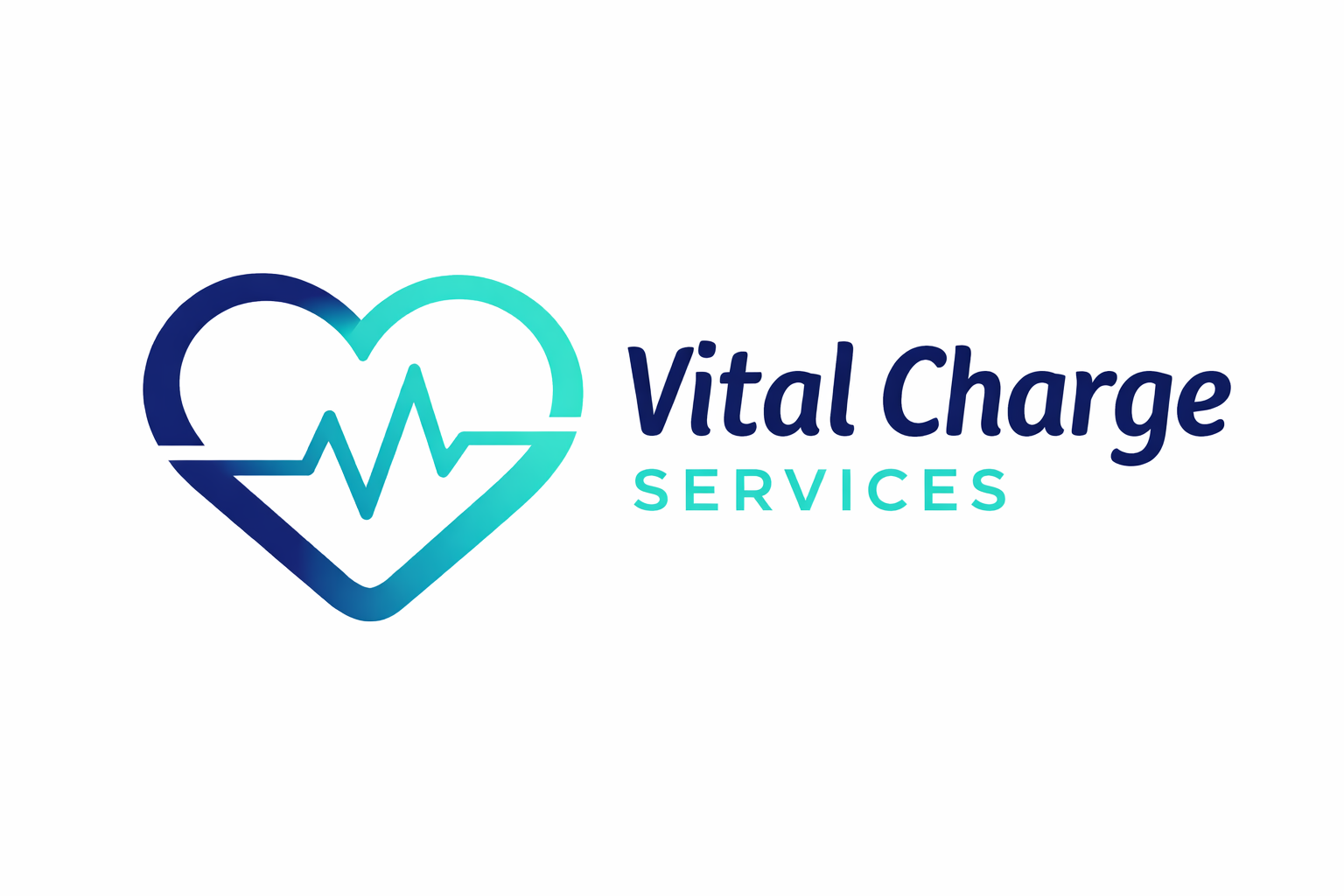Managing credentials for healthcare providers can be a daunting task. With evolving regulations, multiple providers, and a constant need for updates, it’s easy to feel overwhelmed. In this blog, we share five expert tips to help practices manage credentials more effectively and avoid common pitfalls.
1. Centralize Credentialing Data
Maintain all credentialing information in a single, secure location. Use cloud-based platforms to store:
- Educational and professional records.
- Licensing and certification details.
- Insurance and contract information.
This ensures easy access and reduces the risk of missing critical deadlines.
2. Stay Ahead of Deadlines
Credentialing involves frequent renewals and updates. Implement a system to track:
- Expiration dates for licenses and certifications.
- Insurance contract renewals.
- Re-credentialing timelines.
Automated reminders can save time and prevent compliance lapses.
3. Conduct Regular Audits
Periodic audits ensure that credentials remain accurate and complete. During audits, review:
- Provider documentation for any missing or outdated details.
- Compliance with state and federal regulations.
- Contract terms to ensure favorable agreements.
4. Leverage Technology
Invest in credentialing software to automate:
- Verification processes.
- Compliance tracking.
- Reporting and analytics.
Modern tools can significantly reduce errors and improve efficiency.
5. Partner with Experts
Managing credentials in-house can be resource-intensive. Partnering with credentialing experts like Vital Charges can help:
- Reduce administrative burden.
- Ensure compliance with the latest regulations.
- Streamline re-credentialing and renewal processes.
Conclusion
Effective credential management is essential for the smooth operation of healthcare practices. By following these tips, you can reduce errors, maintain compliance, and enhance efficiency. Need help managing your practice’s credentials? Contact Vital Charges today to learn more about our solutions.




